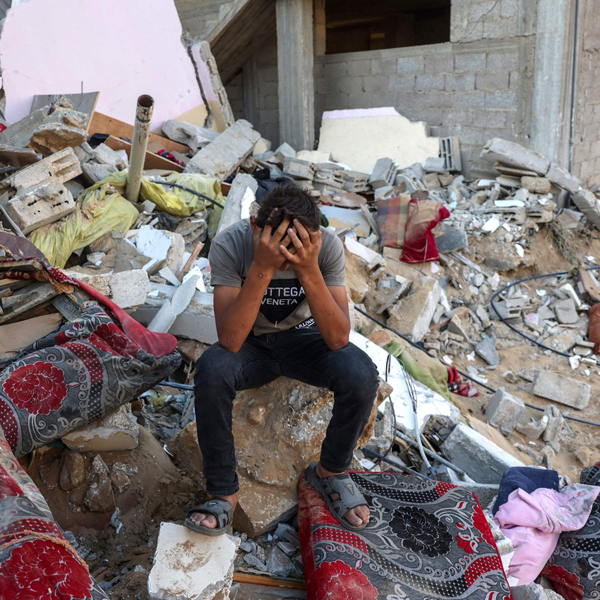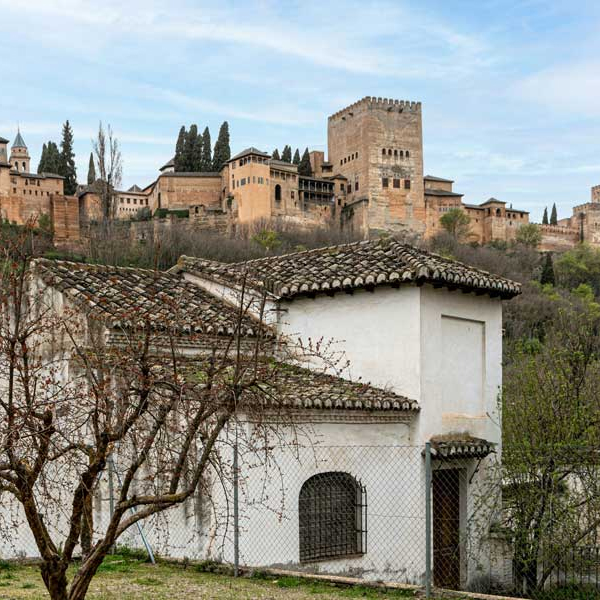
Could Speaking Up About Palestine Affect Your Career?
Muslims in the U.S. might feel compelled or even morally obligated to educate others about the catastrophic destruction in Gaza, and many believe the First Amendment will protect their right to free speech. But can expressing their views about Palestine affect their current or future employment? In recent months, several prominent figures who have publicly voiced pro-Palestinian views have found their careers in jeopardy. Jackson Frank, a Philadelphia sports reporter, was fired after tweeting “solidarity with Palestine.” Michael Eisen, editor-in-chief of the journal eLife, lost his job after he retweeted a satirical article that he felt “calls out indifference to the lives of Palestinian civilians.” David Velasco, the editor in chief of the magazine Artforum, was terminated after he published an open letter from artists calling for “an end to the killing and harming of all civilians.” The Council on American-Islamic Relations (CAIR) reports, “Employees are experiencing intimidation should they choose to express support for Palestinian human rights. Multiple websites have emerged to target employees in recent days, documenting the names of individuals at major corporations who expressed support for Palestinians under attack in Gaza. Corporate executives, such as one JP Morgan Chase executive, have amplified efforts to intimidate employees who oppose the humanitarian crisis in Palestine. These efforts together send a clear message to employees: support for Palestinian human rights may cost them their career.” University students also have reason to believe their professional aspirations will be in jeopardy if they speak openly in favor of Palestine. An anonymous student at Harvard University told Al Jazeera, “Any graduate students who support Palestine have to come to a decision on whether or not they’re willing to put their future career on the line before they speak up.” Her worries are justified. When thirty student groups at Harvard signed a letter holding Israel “responsible for all the unfolding violence,” there was an immediate backlash. Some Wall Street executives demanded to know who was behind the letter so they could avoid hiring them. Additionally, many of the students were doxxed – their personal information was shared online to shame or intimidate them. On top of that, a conservative news media watchdog called Accuracy in Media parked a billboard truck by Harvard’s campus and displayed names and photos of students allegedly involved in the letter, calling them “Harvard’s leading antisemites.” Similar trucks appeared near other Ivy League campuses. In a country whose First Amendment supposedly guarantees the right of free speech, why are people being sanctioned for voicing their concerns, opposition, or opinions? Can Americans freely speak up about Palestine, or not? The answer is not black and white. Before you publicly share your opinions on Palestine, it would be wise to keep some things in mind: “Free speech” has limitations CAIR advises, “Employees should be aware that the First Amendment does not protect private employees from discipline because of speech. The First Amendment generally only protects public employees, like federal and state government employees, if they are speaking as a private citizen on a matter of public concern, and that speech does not disrupt the workplace. Some states have laws that protect employee speech, but not all do. It is your responsibility to be aware of your free speech limitations in your workplace.” CAIR adds, “Employees may have specific clauses in their employment contracts that impact their rights and legal remedies. Employees should review their employment contracts and consult with a local attorney to make informed decisions and protect their rights.” Take precautions on social media You might assume your employer isn’t reading your Instagram or Facebook posts, but if they’re public, anyone can see them. CAIR recommends that you take the following steps to ensure that you are not subjected to disciplinary measures at work: Set your social media accounts to private. If your account is public, use a pseudonym and remove any personal identifying information such as personal photos and location. Never identify your employer on your social media accounts. Do not post hateful or threatening content. Employers should be equitable Your private-sector employer might decide to sanction you for expressing pro-Palestinian sentiments, but in that case, they should also discipline anyone who voices pro-Israel opinions. CAIR notes, “Under both Title VII and Section 1981, employers should be mindful not to treat their Palestinian or Muslim employees differently than their Israeli or Jewish counterparts. A situation in which we believe an employee may have an actionable claim would be if a Palestinian or Muslim employee was disciplined for posting a Palestinian flag or expressing Pro-Palestinian sentiments at work, but an Israeli or Jewish employee is not disciplined for posting an Israeli flag or expressing Pro-Israeli sentiments at work. An employer would be discriminating against the Palestinian employee on the basis of national origin, or the Muslim employee on the basis of religion. Moreover, if employers are offering benefits such as paid compassionate leave to their Jewish or Israeli employees, an employer should offer the same benefits to their Palestinian or Muslim counterparts.” Resources if you face disciplinary measures or discrimination in the workplace “ANTI-PREJUDICE TOOLS: Guidance to U.S. Employees in Response to Islamophobic and Anti-Palestinian Rhetoric in the Workplace” https://pa.cair.com/actionalert/islamophobic-workplace-employee/ “What do I do if human resources wants to speak with me about my Palestine social media content?” https://islamophobia.org/wp-content/uploads/2023/10/What-do-I-do-if-Human-Resources-wants-to-speak-with-me-about-my-Palestine-posts-on-social-media-1.pdf Finally, remember that you do have the right to feel safe and fairly treated in your workplace. Title VII of the Civil Rights Act of 1964 protects employees and job applicants from employment discrimination based on race, religion, color, sex, and national origin. If you believe that your rights are being violated, contact CAIR immediately. Report any incidents of bias, discrimination, and/or harassment.










